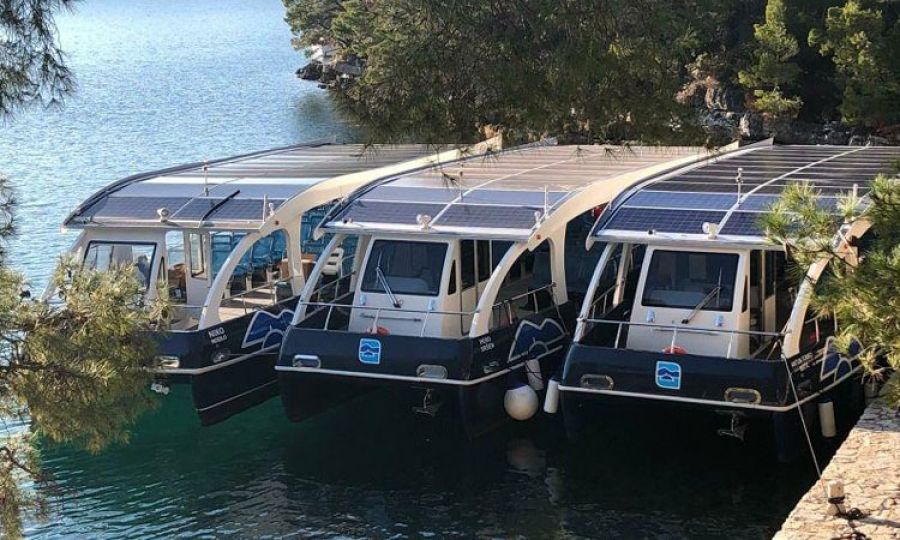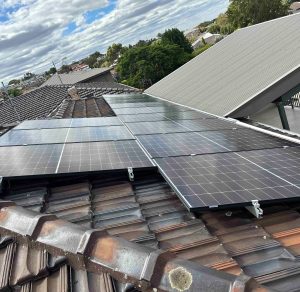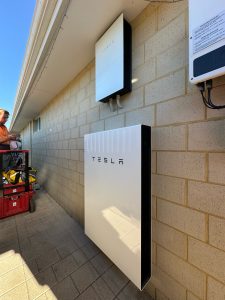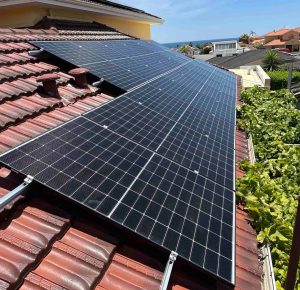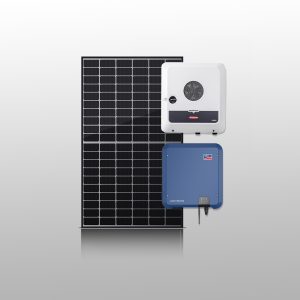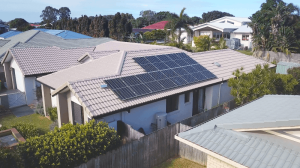Solar energy is a perfect choice for powering a boat as sunlight is omnipresent. Being renewable energy, it is always readily available. Though not as popular as the residential solar system, marine solar panels are gaining popularity these days.
Boats need a lot of energy for maintaining autopilot, keeping navigation lights on, and powering radio systems. Boats are relies on a battery for electricity. It would be ideal if solar panels could provide the energy and maintain the boat’s battery.
The solar panel can ensure that the boat’s battery always has power. Consequently, solar power helps the boat to be self-sustainable. Boats can run all the appliances on battery. It helps to save money as they are not depending on gas powered generators. Solar energy can power small sail boats as well as larger boats.
Sun being a source of renewable energy, marine solar panels fulfill the boat’s electrical usage and keep the battery durable and reliable. For larger boats, it reduces the need to use the engine to provide excess power. Big solar panels, portable solar panels, and even high-energy thin-film panels are available for marine boats.
Types of marine solar panels
Two main types of marine solar panels are adjustable and standard panels. As the name suggests, adjustable marine solar panels are adjustable. It is light and without a metal backing. It can be bent and used for installing on different surfaces of the boat, where installing big solar panels would be impossible.
Standard marine solar panels are the standard panels that hold aluminium support. It can withstand harsh weather conditions as they are stronger than flexible marine solar panels. Aluminium backing is using for this panel. Therefore, it is heavier than adjustable panels.
A standard marine solar panel is stronger. It has a long life like a residential solar system. certainly, it lasts around 20 years. Adjustable marine panels have a much smaller lifespan of nearly five years.
Advantages of powering a boat with solar panels
- Marine solar panels help to reduce the cost of maintaining and running a boat. It helps to save money spent on fuel. It makes electricity more affordable than the ones produced by generator.
- There will be significant noise reduction. It cuts down sound pollution and aid the quiet life of sea. Generator emits sound while marine solar panels produce electricity without any sound pollution.
- It acts as a source of backup power by charging the boat’s battery even when no one is on board the boat.
- Just as a solar system makes one independent of the electricity grid, marine solar panel makes a boat independent of fuel powered generator.
- It doesn’t produce excess heat like a gas generator. This makes the boat trip pleasant even on hot days.
How do marine solar panels work?
Solar energy systems on boats work similarly to other portable, off-grid systems. When solar energy hits the marine solar panels, it activates the electrons. It starts producing DC charges. This produced energy is saved in batteries. This current can be used to support the boat’s electricity needs. If the appliances of the boat run on AC electricity, an inverter would be needed to convert the produced DC to AC.
While installing solar panels, the first step of the process would be an energy assessment of the boat. The energy needs can be calculated by checking the labels on the appliances of the boat for the typical amp hours and volts used.
A battery monitor can also help in measuring the amount of energy the appliances on boat consume while in use. An average 30-foot boat would require about 300-350 watts of power.
Depending on energy consumption and boat size, the wattage required by solar panels can be determined. In addition, the size of the panels is dependent on it.
A charge controller acts as a regulator for the amount of energy that is transferred from your solar panel into your boat’s battery. It helps to manage the energy load that the battery receives.
charge controller prolongs the life of the battery by ensuring that the boat uses the exact amount of energy it needs. It makes sure that the battery is not overloaded and overcharged, which can ruin the battery over time.
Three main types of marine solar panels
- Glass-fronted panels- these are the most popular solar panels for boats. It offers the most power at a lower cost. It can be either polycrystalline and monocrystalline. Polycrystalline is cheaper, larger, has lower energy conversion efficiency, and doesn’t work so well in very hot weather. Monocrystalline is more expensive, smaller, very efficient, and more effective during hot weather and even on cloudy days.
- Polycarbonate panels- It uses polycrystalline technology. They are the most expensive. It is more preferred for yachts as it is slightly flexible and can be fixed with a silicone adhesive and walked on.
- Fully flexible solar panels- They are the same as is used in a calculator. Its use is restricted to ‘amorphous’ solar technology.
Any of these types of panels can use on a boat. Marine solar panels are to be bought from companies that do not exclude saltwater and marine environments from their warranties.
Installing Solar Panels for Boat
Since boats have space limitations for panel installation unlike rooftop solar systems, ensure that the panels are placed in such a way that they capture the sun throughout the day. most importantly, Panels should be tilted and properly oriented for this.
It is ideal to find a place that is free of shade. It is always better to go for high-efficiency solar PVs so that you will get maximum out from the lesser number of panels. Earlier, there was only a few are using solar panels on boats. With technological advancements, solar panels have become efficient enough to withstand the environmental adversities on seas. Similarly, more boat owners are coming up for installing solar panels.
There are mainly two main challenges for a solar system in boats. Firstly, splashing of saltwater in panels. Secondly, harsh weather Being splashed with seawater and total immersion when waves wash over the boat’s deck were once a major concern for solar panels. Solar panel’s electronics and installation have become resistant to corrosion and short circuit. The surface area was another constraint that stood in the way of using marine solar PVs. Nowadays, companies are manufacturing panels that are especially for surface area. As a result, the surface area is no more a constraint.
Fall in the cost of solar PVs and their increased efficiency and durability is likely to increase the popularity of solar power solutions for boats.

